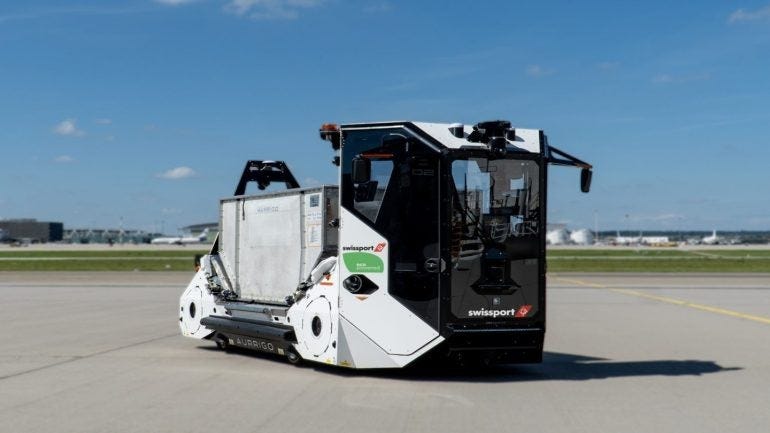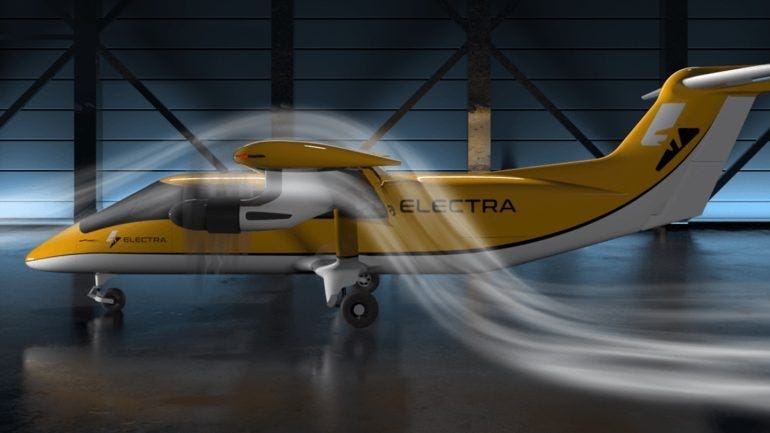#Sustainability20: Infinium breaks ground on world’s-largest hydrogen-based e-fuels project & more
Weekly Roundup - 23/05/25
Each Friday, we publish a round-up of the 20 most important stories on sustainable aviation. You can see previous editions of #Sustainability20 here.
Industry Updates
South Korea plans to mandate a 1% SAF blend by 2027, with details to be finalised in a roadmap this September, aligning with ICAO’s 2030 emissions targets.
Ethiopian Airlines has expanded its fleet with 11 new Boeing 787s powered by GEnx engines, alongside GE9X engines for 777-9s, reinforcing its focus on efficiency and sustainability.
A US House bill threatens to cut $300m in SAF funding, though biofuel tax credits remain, creating uncertainty for aviation’s decarbonisation efforts as the Senate reviews the proposal.
Virgin Australia and Boeing have backed a report promoting ‘Book and Claim’ SAF accounting, which could allow Australia to export environmental benefits despite logistical challenges.
Ryanair warns of higher summer fares due to rising net-zero costs, including reduced EU emissions allowances and SAF mandates, with fares expected to increase by around 6%.
CLIMATE WATCH: Forest loss around the world hit a record in 2024 - The New York Times
Global forest loss hit a record in 2024, with fires destroying 6.7 million hectares of rainforest—double 2023’s figure—driven by droughts in Brazil and the Congo Basin.
Infrastructure and operational efficiencies
Swissport is trialling autonomous ground handling at Zurich Airport, starting with digital simulations before live tests of Aurrigo’s Auto-DollyTug, aiming to improve ramp efficiency and reduce delays.
Ontario Airport has launched ‘Toiletries for Troops’, repurposing oversized passenger toiletries for military personnel and veterans, reducing waste while supporting service members.
Fexco’s PACE Airports platform now provides real-time emissions data to help airports meet decarbonisation targets, using automated tracking to replace manual reporting methods.
IATA says airlines are prioritising fuel efficiency to cut costs and emissions, leveraging AI, fleet upgrades, and optimised operations to meet IATA’s 2050 net-zero goals.
Sustainable Aviation Fuel (SAF)
Infinium has begun construction on a Texas SAF plant, set to produce 23,000 tonnes annually from 2027, backed by Brookfield and Breakthrough Energy.
Metafuels plans a Rotterdam SAF plant using methanol-to-jet tech, targeting 12,000 litres daily by 2026, with potential EU policy support under ReFuelEU.
FedEx has secured 3 million gallons of Neste’s SAF for LAX, covering 20% of its annual fuel use there—the largest SAF deal by a US cargo airline.
Universal Fuel Technologies has successfully piloted its Flexiforming SAF production method, converting methanol and ethanol into jet fuel, now undergoing certification testing.
Overland Aviation has become the first Midwest FBO to receive SAF, supplied by Avfuel and Valero, supporting business aviation’s push for greener fuel options.
New technology: Electric and Hydrogen
Electra’s hybrid-electric EL9 aircraft has achieved ultra-short takeoff in wind tunnel tests, enabling 150ft runways for both civilian and military use, with flights planned by 2027.
ZeroAvia has secured £9m from Scotland to build a hydrogen fuel cell plant near Glasgow, supporting its ZA600 and ZA2000 propulsion systems for regional aircraft.
Joby Aviation completed its first dual eVTOL test flight in California, a key step toward launching commercial air taxi services in 2026.
RTX has tested hydrogen combustion for aviation, confirming its potential for clean, efficient power, with ongoing projects in the US and EU.
Cranfield University’s team has reached the finals of the GoAero Challenge with its autonomous VTOL emergency aircraft, designed for rapid disaster response.
GKN Aerospace has joined Airbus’ Dutch hydrogen consortium, ICEFlight, to develop cryogenic cooling systems for superconducting electric aircraft technologies.







